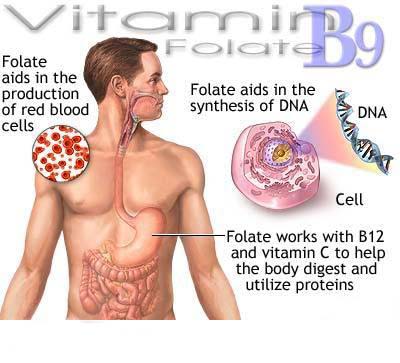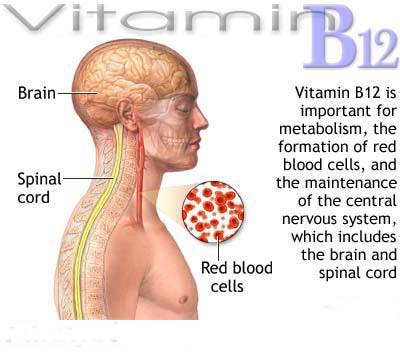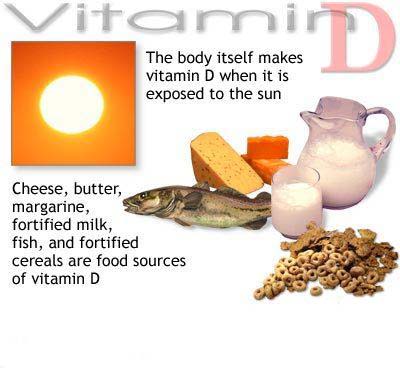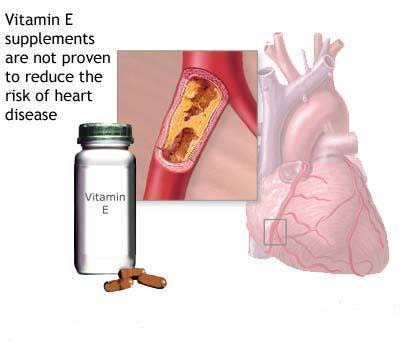
Vitamin A deficiency is a lack of vitamin A in humans. It is common in developing countries but rarely seen in developed countries. Night blindness is one of the first signs of vitamin A deficiency. Xerophthalmia and complete blindness can also occur since Vitamin A has a major role in phototransduction. Approximately 250,000 to 500,000 malnourished children in the developing world go blind each year from a deficiency of vitamin A, approximately half of which die within a year of becoming blind. The United Nations Special Session on Children in 2002 set the elimination of vitamin A deficiency by 2010. The prevalence of night blindness due to vitamin A deficiency is also high among pregnant women in many developing countries. Vitamin A deficiency also contributes to maternal mortality and other poor outcomes in pregnancy and lactation.
Vitamin A deficiency also diminishes the ability to fight infections. In countries where children are not immunized, infectious disease like measles have higher fatality rates. As elucidated by Dr. Alfred Sommer, even mild, subclinical deficiency can also be a problem, as it may increase children's risk of developing respiratory and diarrheal infections, decrease growth rate, slow bone development, and decrease likelihood of survival from serious illness.
Vitamin A deficiency is estimated to affect approximately one third of children under the age of five around the world. It is estimated to claim the lives of 670,000 children under five annually. Approximately 250,000-500,000 children in developing countries become blind each year owing to vitamin A deficiency, with the highest prevalence in Southeast Asia and Africa. According to the World Health Organization (WHO), vitamin A deficiency is under control in the United States, but in developing countries vitamin A deficiency is a significant concern.






.jpg)
.jpg)
.jpg)
.jpg)
.jpg)
.jpg)
.jpg)
.jpg)
.jpg)
.jpg)
.jpg)
.jpg)
.jpg)
.jpg)
.jpg)
.jpg)
.jpg)
.jpg)
.jpg)